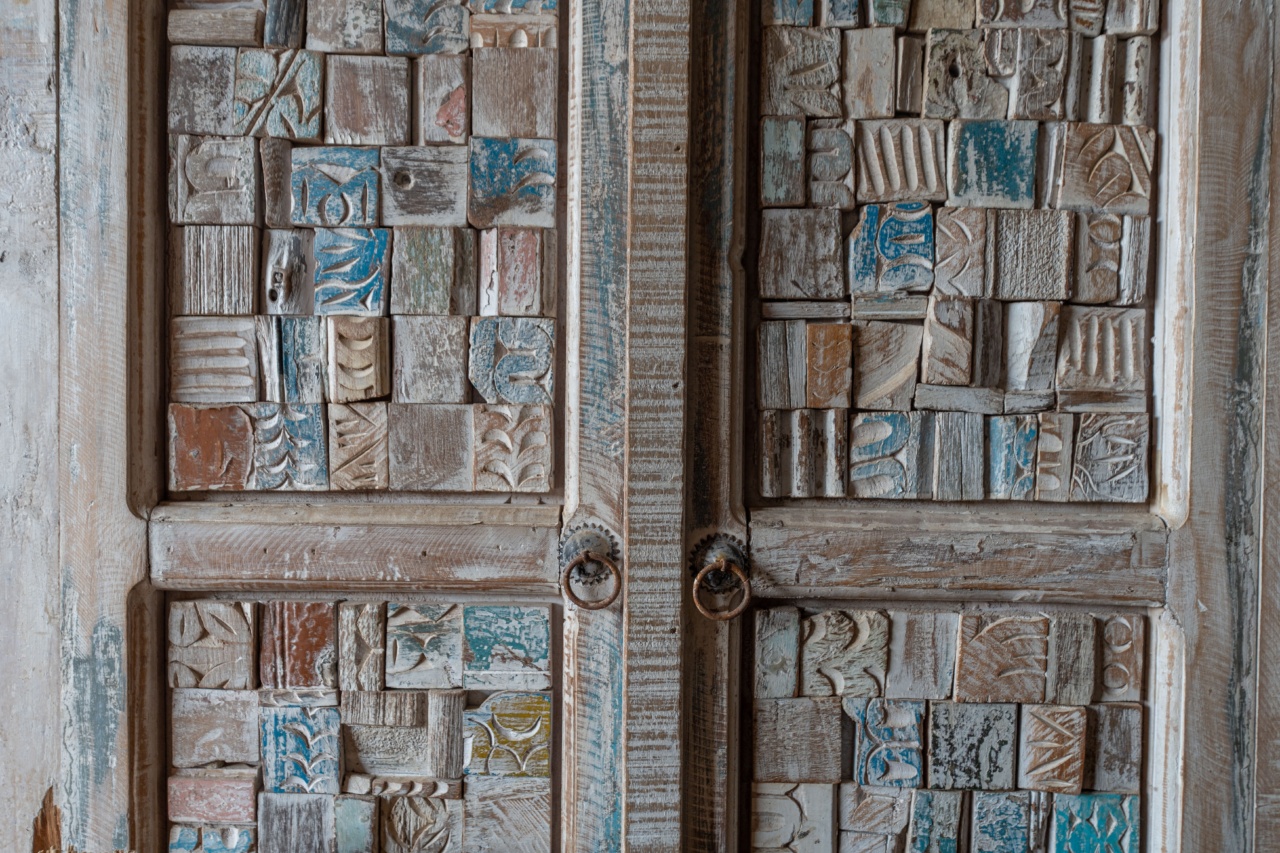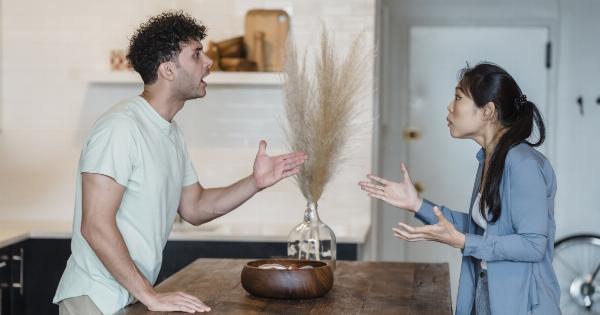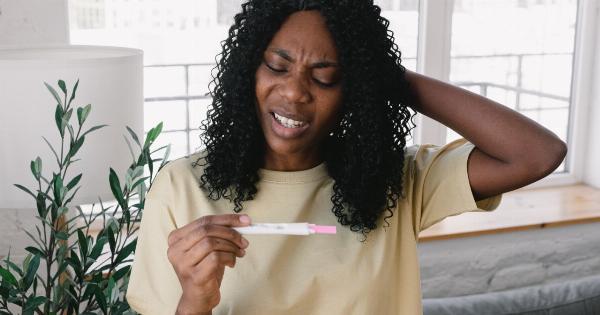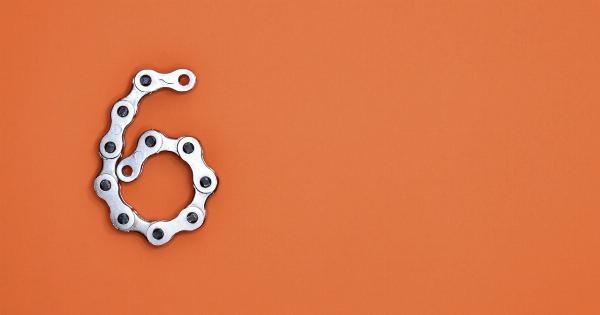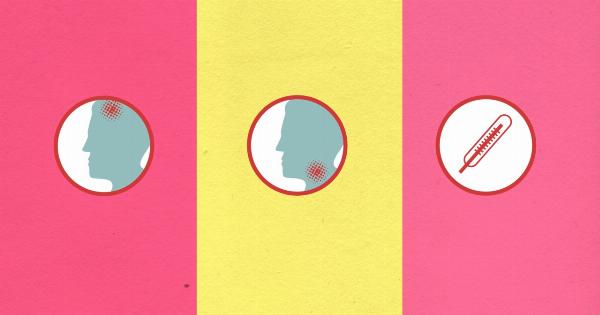Hemorrhoids, also known as piles, are swollen veins in the rectum and anus that can cause discomfort and pain. Although hemorrhoids are a common condition, they can be uncomfortable and painful, affecting the quality of life of those who suffer from it.
Hemorrhoids are caused by increased pressure on the veins in the rectum and anus, which can occur due to constipation, pregnancy, obesity, and a sedentary lifestyle.
In this guide, we will explore the various types of hemorrhoids, symptoms, causes, and most importantly, the best ways to get immediate relief.
Types of Hemorrhoids
There are two major types of hemorrhoids: internal and external.
Internal Hemorrhoids
Internal hemorrhoids develop in the lower rectum, and they can sometimes protrude or become enlarged, causing discomfort and bleeding. Internal hemorrhoids can lead to prolapse, which is when they bulge out of the anus and can be seen or felt.
External Hemorrhoids
External hemorrhoids develop around the anus and are often hard and painful. They can also bleed if they become irritated or disturbed. External hemorrhoids can be caused by straining too much during bowel movements or prolonged sitting on the toilet.
Symptoms of Hemorrhoids
The most common symptoms of hemorrhoids are:.
- Bleeding during bowel movements
- Pain or discomfort in the anal area
- Swelling around the anus
- Itching and irritation in the anal area
- A sensation of a lump in the anus
Causes of Hemorrhoids
Although the exact cause of hemorrhoids is unknown, several factors can contribute to their development. Some of these factors include:.
- Constipation
- Pregnancy
- Obesity
- Prolonged sitting or standing
- Straining during bowel movements
Immediate Relief for Hemorrhoids
If you are experiencing discomfort from hemorrhoids, there are several things you can do to get immediate relief:.
Sitz Baths
A sitz bath is a warm, shallow bath that can help provide relief for hemorrhoids by reducing inflammation and soothing the area. Simply fill a bathtub or small sitz bath bowl with warm water and sit in the water for 15-20 minutes.
You can repeat this process up to three times per day.
Over-the-Counter Medications
Over-the-counter medications such as creams, ointments, and suppositories can help provide relief for hemorrhoids. These medications contain local anesthetics or anti-inflammatory agents that can help reduce swelling and discomfort.
Be sure to follow the directions on the packaging carefully.
Fiber Supplements
Incorporating fiber supplements into your diet can help reduce constipation, which can contribute to the development of hemorrhoids. Fiber supplements work by softening the stool and making it easier to pass.
You can find fiber supplements in the form of powders, capsules, and gummies.
Hydration
Drinking plenty of water can help prevent constipation and reduce the risk of developing hemorrhoids. Aim for at least eight glasses of water per day.
When to Seek Medical Attention
If your hemorrhoids are severe or persistent, you should seek medical attention. Some indications that you should see a doctor include:.
- Excessive bleeding during bowel movements
- Prolapse that cannot be pushed back into the rectum
- Intense pain or discomfort
- Signs of infection, such as fever, chills, or pus around the anus
It is important to address these symptoms promptly to prevent complications.
Preventing Hemorrhoids
There are several steps you can take to prevent hemorrhoids, including:.
- Eating a diet high in fiber
- Staying hydrated
- Exercising regularly
- Avoiding prolonged sitting or standing
- Using appropriate lifting techniques
Conclusion
Hemorrhoids are a common condition that can cause discomfort and pain. Fortunately, there are many ways to get immediate relief. If your hemorrhoids are severe or persistent, seek medical attention.
Preventing hemorrhoids by maintaining good bowel habits and a healthy lifestyle is also essential for long-term comfort.
